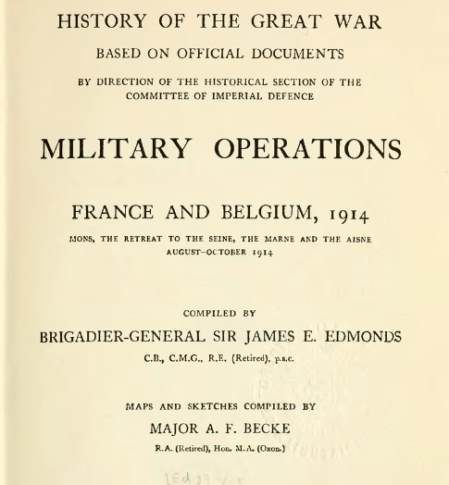What are official histories?
Official Histories are commissioned by governments around the world and are intended to provide authoritative accounts of important episodes or themes in the national past. They are written by eminent historians with full and unfettered access to official records and archives, including currently closed or withheld records. Official historians have full academic independence, and make critical judgements based on their findings without interference or impediment.
Official histories are commissioned to:
- Provide a reliable secondary source for historians, where some records are otherwise unlikely to be released for decades;
- Enriching the evidence base, and informing the public, by enabling historians to construct their own rigorous informed, independent accounts of the past.
- Serve as a collective institutional memory, making modern policy-making better by taking account of lessons from the past
The name ‘official’ history might suggest that the Government determines the content of the publications, including any judgements expressed in them. This has never been the case. The job of official historians is to analyse, not defend the actions of governments in the past.
UK Official History series

The UK Government’s official history series states its intention as being to provide “authoritative histories in their own right; a reliable secondary source for historians until all the records are available in the National Archives; and a fund of experience’ for future government use”.
The UK’s Official History programme was established in 1908. The core focus has remained on military and naval history – more recently including Professor Sir Lawrence Freedman’s acclaimed two-volume history of the Falklands Conflict, published in 2005. In 1966 however, then Prime Minister Harold Wilson announced that the range of official history should be expanded to include selected periods or episodes of peacetime history – with examples including Professor Charles Webster’s The Health Services since the War, and Dr Terry Gourvish’s award winning The Channel Tunnel.
Traditionally assisted by the Cabinet Office, topics of official histories have to be of national and interdepartmental importance. Historians are given access to all relevant material in government archives, whether publicly available or not. Operating under the Official Secrets Act, official historians write the history from his/her own perspective on the basis of the full information. Any security issues connected with the historians’ use of still- sensitive material are then addressed before the manuscript goes to the publisher. The authors are usually paid a fee, and do not receive royalties from sales.
In 2008, the Government commissioned Sir Joseph Pilling, a retired senior civil servant, to review whether and in what form the official history programme should continue. Sir Joseph found official histories to be the ‘gold standard of accountability to the country’ with ‘the overwhelming weight of evidence supporting the continuation of the programme.’ Sir Joseph’s review made a number of recommendations to raise the profile and relevance of official histories to the public, as well as to specialist academic audiences.
In the context of public spending constraints, it was announced in 2011 that no new official histories would be commissioned, and that the Cabinet Office would focus on completing existing titles – with a commitment to revisit the recommendations of the Pilling Review. Current or recent projects include Official Histories of: Criminal Justice in England and Wales; the Joint Intelligence Committee; and the UK Strategic Nuclear Deterrent.